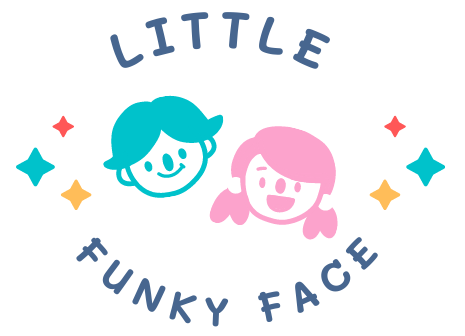Drug addiction is a serious problem which affects millions of people worldwide. One of the most common substances abused is opioids. These drugs, often used as painkillers, can be highly addictive and difficult to quit. Fortunately, there are medications like suboxone available to help those struggling with addiction. However, there is still much confusion surrounding suboxone and its effectiveness. In this article, we will discuss the truth about suboxone and what you need to know to make informed decisions about addiction treatment.
First, let’s talk about what suboxone is. Suboxone is a medication used to treat opioid addiction. It is a combination of two drugs – buprenorphine, a partial opioid agonist, and naloxone, an opioid antagonist. The buprenorphine activates the same receptors in the brain as opioids, helping to suppress withdrawal symptoms and cravings. The naloxone is added to prevent abuse, as it will cause immediate withdrawal symptoms if the medication is crushed and snorted or injected. Suboxone is typically taken daily or every few days, depending on the individual’s needs.
One common misconception about suboxone is that it is simply substituting one addiction for another. However, this is not the case. Suboxone is a medication-assisted treatment that helps reduce the severity of withdrawal symptoms, making it easier for individuals to focus on their recovery. It also prevents the highs and lows associated with opioid use, allowing users to maintain a more stable emotional state. Studies have shown that suboxone is effective in reducing opioid use and improving overall functioning for those with opioid addiction.
Another misconception about suboxone is that it is a cure for addiction. Unfortunately, addiction is a complex disease that is not easily cured with medication alone. Suboxone should always be used in conjunction with counseling and other support services to address the underlying causes of addiction. It is important to note that using suboxone without behavioral therapy does not address the psychological and behavioral aspects of addiction, which are critical to recovery.
One concern many people have about suboxone is that it is highly addictive. This is not entirely true. While suboxone does contain a partial opioid agonist, it is not as potent as other opioids. When taken as directed and under the guidance of a medical professional, suboxone is not habit-forming. Additionally, when used as part of a comprehensive addiction treatment plan, suboxone can be gradually tapered off, reducing the risk of withdrawal symptoms.
It is also important to note that suboxone is not appropriate for everyone. Those with severe respiratory problems, liver disease, or a history of adverse reactions to buprenorphine or naloxone should not take suboxone. Additionally, suboxone should not be combined with alcohol or other drugs, as this can be dangerous.
Conclusion:
In conclusion, suboxone is a valuable tool in the fight against opioid addiction. It helps to reduce withdrawal symptoms and cravings, making it easier for individuals to focus on their recovery. However, suboxone is not a cure for addiction and should always be used in conjunction with counseling and other support services. While it does contain a partial opioid agonist, suboxone is not highly addictive when taken as directed. Overall, suboxone can be an effective treatment option for those struggling with opioid addiction, but it is important to discuss its use with a medical professional to determine if it is right for you.
